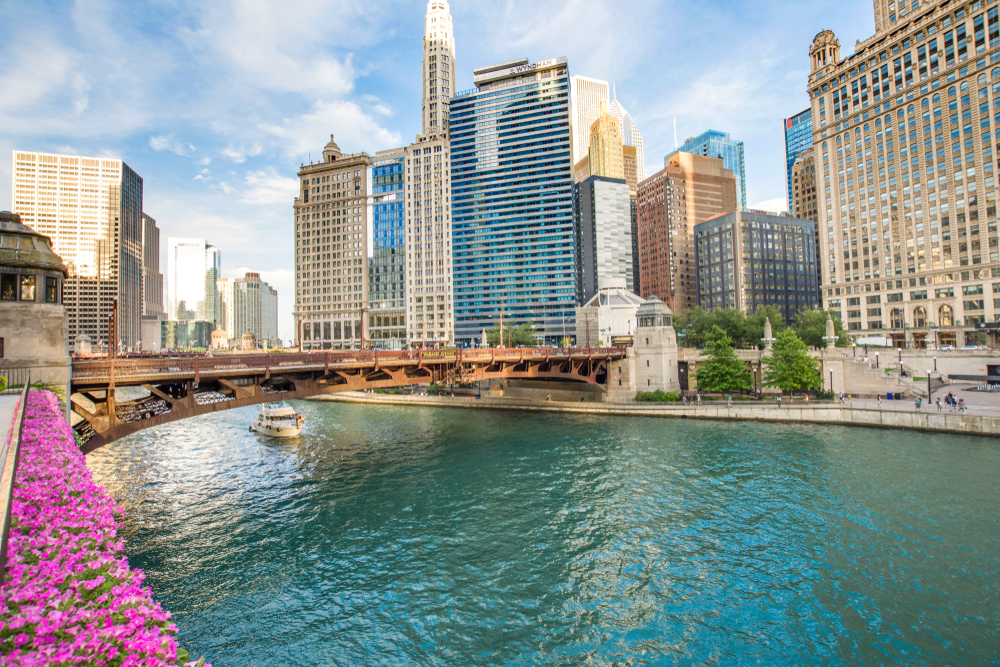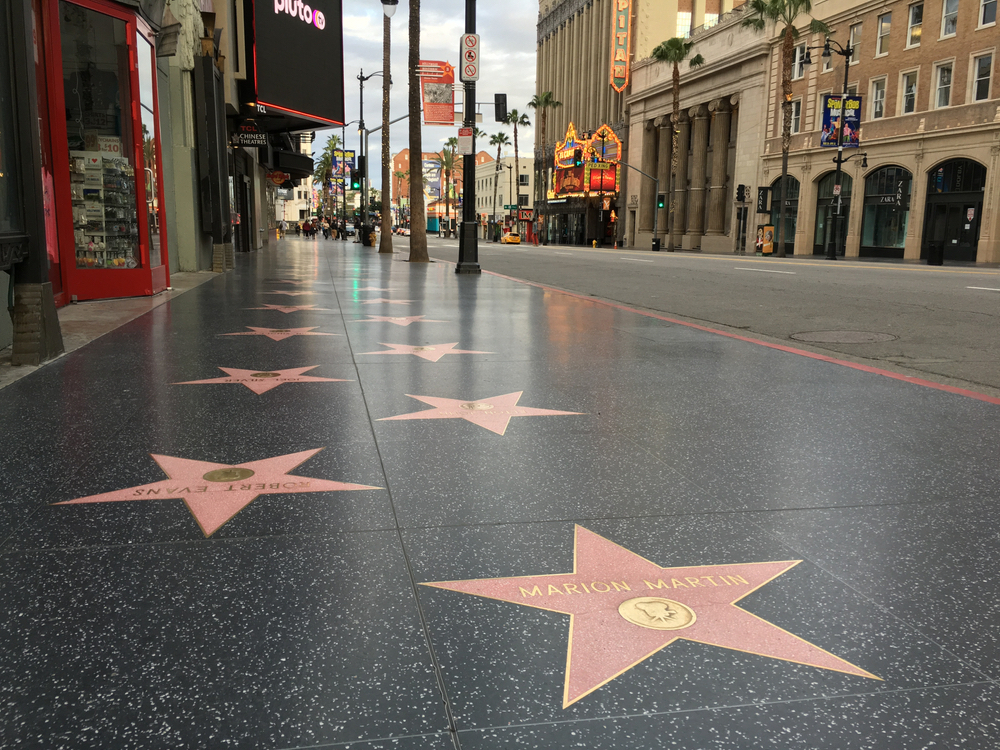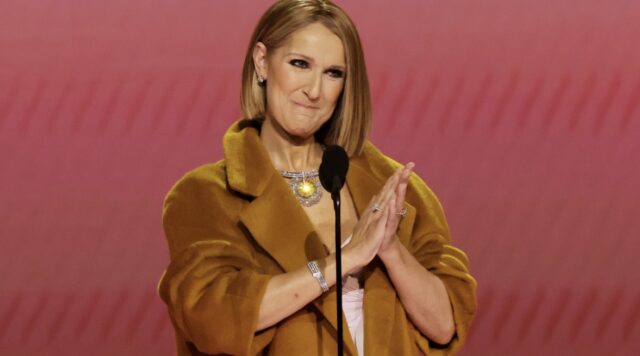Illinois City Set to Be the First in the Country to Offer Reparations to Black Residents
The Chicago suburb of Evanston, Illinois is set to become the first US city to offer reparations to its Black residents after approving a package aimed at tackling the city’s history of housing discrimination. Evanston just approved phase one of its reparation initiatives in an attempt to correct the long history of housing discrimination in the city. $400,000 will be distributed in $25,000 increments of those who either lived or had relatives who lived in Evanston and suffered from housing discrimination between 1919 and 1969. Evanston has a 16 percent Black population.
The first phase is part of a $10 million package that will use funds from cannabis sales taxes to provide payments to Black residents over the next decade. The city found it especially important to begin the program following the countless Black Lives Matter protests in the past year.
The Chicago area is known for having some of the worst practices of housing discrimination in the country. Many Black residents have been victims of redlining, a discriminatory practice that denies resources to minorities in specific neighborhoods.
Evanston’s new initiative will hopefully be the first step in correcting this housing problem. The $25,000 received can only be put toward housing to help offset the costs.
evanston IL is issuing $400k in reparations to black households for discrimination/lasting effects from slavery and they’re doing so w marijuana tax. 110% love to see it and hope this happens nationwide
— emma ♡ (@emcatmap) March 23, 2021
There have been several discussions around reparations for Black Americans in recent years. The topic has been heavily debated with many wondering how much would be sufficient in attempting to rectify years of damage.
Evanston, Illinois, becomes first U.S. city to pay reparations to Black residents…🙌🏾💯👌🏾.. I love it
— 🔥٠•●HI🆑🅰SS٠•🔥 (@HICLASS) March 23, 2021
Hopefully, Evanston’s initiative will inspire other cities to follow suit. The program has also received backlash, with some feeling that it is simply a housing plan and not reparations at all. Others also feel that $400,000 isn’t nearly enough compared to what Black residents are actually owed.
Wow Times are really changing . Evanston Illinois became the first city to make reparations available for black Residence that lived there. That’s so dope
— antcherry (@ACherrylee) March 24, 2021
Nevertheless, the initiative is still a step in the right direction and will hopefully open up larger discussions surrounding reparations across the country. There have not yet been any announcements about how the remainder of the $10 million funds will be used. Visit Evanston’s official site to learn more about the initiative and ways to help fund it.

Writer | Tweet me @itsjadak





